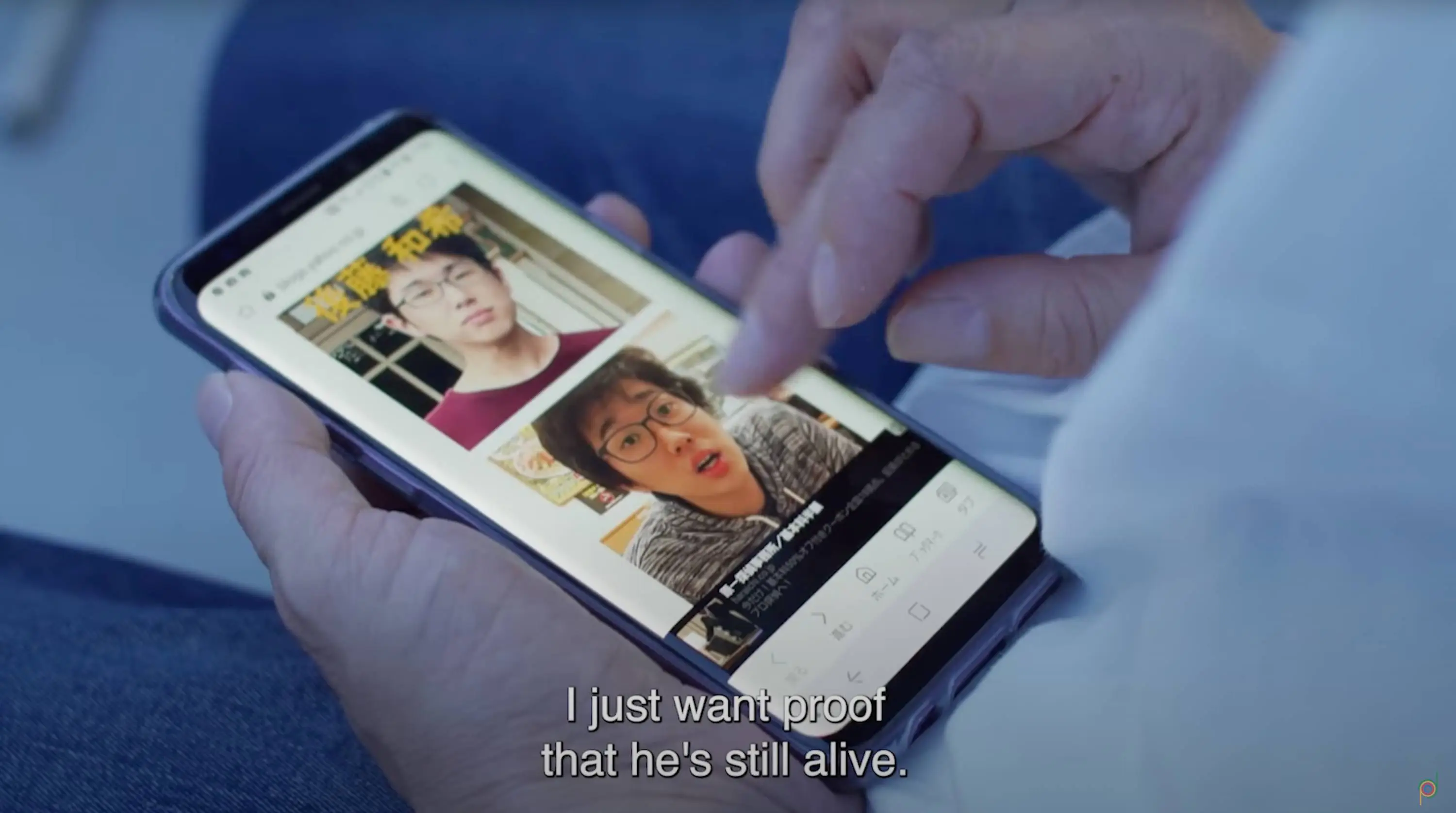
Do things ever get a bit much for you, and you wish all your problems would go away? It shouldn't be as simple as throwing money at an issue and hoping it'll vanish, but there's a lucrative market where some people can do just that.
We've seen so-called 'fixers' in fiction, with the likes of Harvey Keitel's Winston Wolfe in Pulp Fiction. Breaking Bad also featured Robert Forster's Ed as a vacuum repairman who could secretly whisk you away to a new life, simply by asking for "a dust filter for a Hoover Max Extract® Pressure Pro™, Model 60."
The idea isn't as far-fetched as you might think, and in Japan, the bizarre trend of johatsu does just that.
Around 100,000 people are reported as missing every year in Japan, but while some of these are genuine mysteries or tragedies, others choose to vanish from the public eye. As quitting a job in Japan is seen as shameful, some might become johatsu due to the immense pressure of work, while other reasons include depression, addiction, trying to escape a cult, or fleeing from domestic abuse.
Advert

The term johatsu (meaning 'evaporation') was first coined in the 1960s, although it rose to prominence during the Lost Decade of the 1990s, where there was a spike in salarymen who lost their jobs and accumulated mounting debt.
Andreas Hartmann and Arata Mori's aptly named Johatsu followed the industry in a 2024 documentary that interviewed those involved in johatsu and the related yonige-ya services.
Meaning “fly-by-night shops," yonige-ya are the businesses that support johatsu, typically charging between ¥50,000 ($450) and ¥300,000 ($2,600) for their services. More expensive help depends on factors like how many possessions you have, how far you're going, whether children are involved, and if you're trying to escape debt collectors. Still, you don't need a yonige-ya because there are numerous guides explaining to people how they can become johatsu on their own.
Even though a missing persons database doesn't exist in Japan, it's reported that of the 82,000 people reported missing in 2015, 80,000 were found by the end of the year.
The police typically don't pursue missing adults unless a crime is suspected, meaning those who become johatsu can often vanish into anonymity with a chance to rebuild their lives elsewhere.
Supposed johatsu hotspots include the Tokyo skid row of San'ya, as well as Osaka's Kamagasaki neighborhood, where you can live without an ID.
Johatsu areas tend to be yakuza strongholds because they house jobs that pay in cash. Ironically, the idea of johatsu isn't just limited to Japan, and while it's a taboo topic of conversation there, similar ideas are said to have grown in popularity in China, South Korea, Germany, the United Kingdom, and the United States.